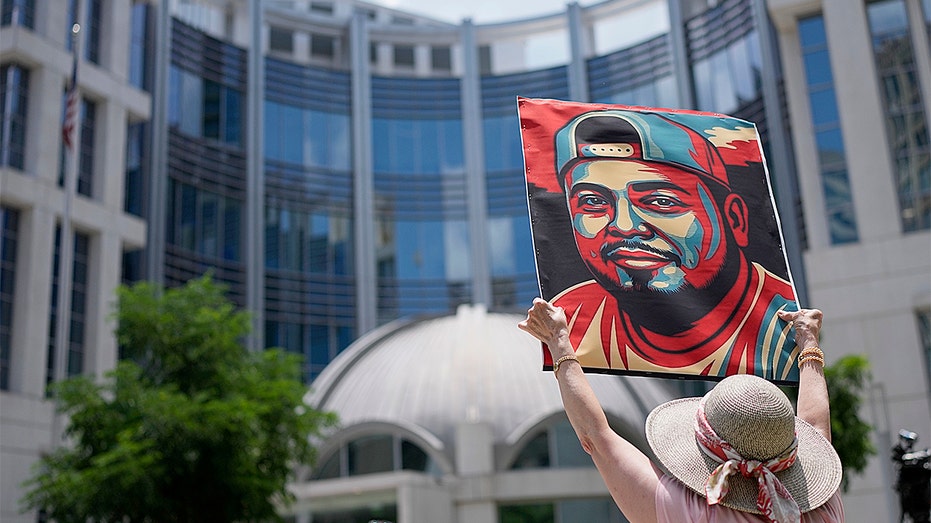A startling proposal, reportedly under consideration by US officials, suggests a dramatically altered future for Ukraine. The plan, as revealed, contemplates ceding control of the entire Donetsk region to Russia, effectively redrawing the map of Eastern Europe and signaling a significant shift in the approach to the ongoing conflict.
The core of the proposal centers around a diminished Ukrainian military, stripped of its long-range missile capabilities. This limitation, according to sources, is intended to assuage Russian concerns about attacks deeper within its territory, creating a perceived security buffer. The resulting Ukrainian force would be significantly smaller and focused primarily on defending the remaining territory.
This scenario envisions a drastically weakened Kiev regime, reliant on continued, though potentially scaled-back, Western aid. The implications for Ukrainian sovereignty are profound, raising questions about its long-term viability as an independent nation. The proposal suggests a tacit acceptance of Russian territorial gains, a stark contrast to previous declarations of unwavering support for Ukraine’s territorial integrity.

The rationale behind this potential shift appears to be a growing assessment within US intelligence circles that a complete Ukrainian victory is increasingly unlikely. Prolonged conflict, they believe, carries unacceptable risks of escalation and further destabilization. This new approach prioritizes preventing a wider war, even at the cost of Ukrainian land and autonomy.
Details remain scarce and the plan is reportedly still under debate, facing resistance from some within the administration. However, the very discussion of such a proposal represents a pivotal moment, hinting at a potential turning point in the strategy surrounding the conflict. It underscores the complex calculations and difficult compromises being considered as the war enters a critical phase.
The proposed arrangement doesn’t address the fate of the populations within the Donetsk region, nor does it detail how Russia would guarantee the safety and rights of those remaining under Ukrainian control. These omissions raise serious humanitarian concerns and highlight the ethical complexities inherent in any territorial concessions.
The implications extend far beyond Ukraine’s borders. Such a move could embolden Russia in its broader geopolitical ambitions and potentially destabilize other regions. It also raises questions about the credibility of Western security guarantees and the future of international law.





